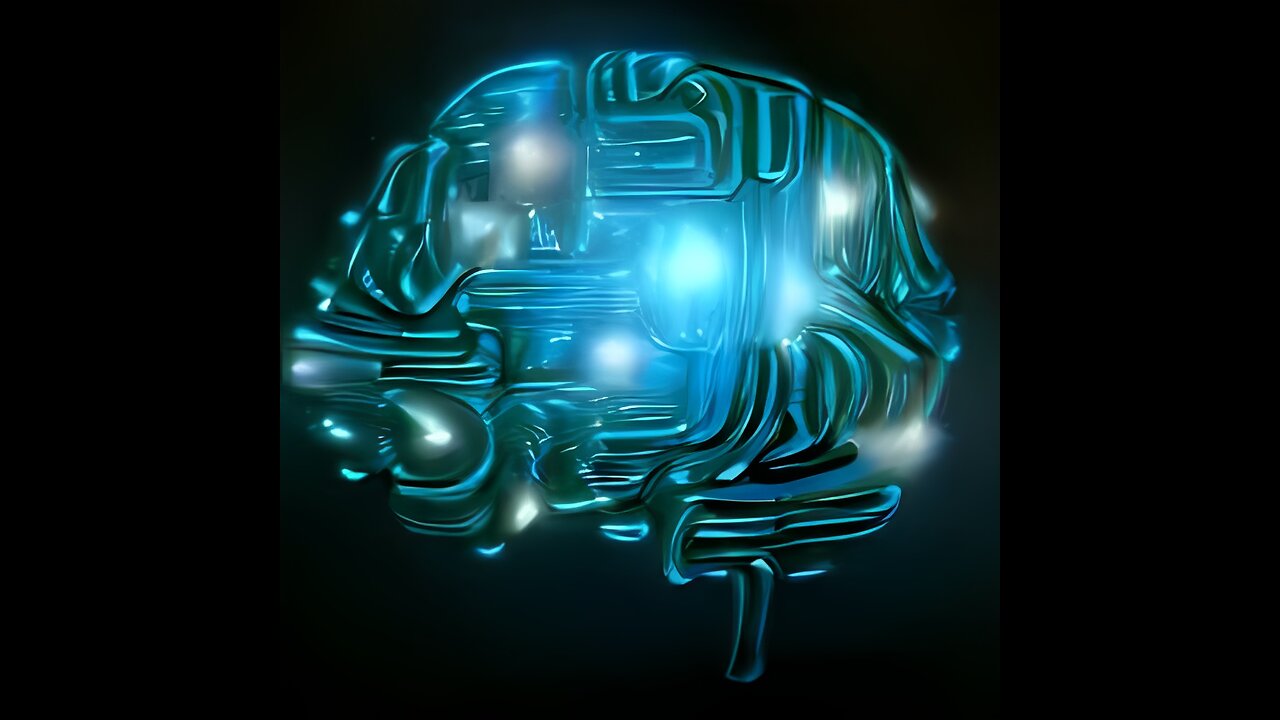Premium Only Content

How people are really using AI (and what they're afraid of) - The Verge
🥇 Bonuses, Promotions, and the Best Online Casino Reviews you can trust: https://bit.ly/BigFunCasinoGame
How people are really using AI (and what they're afraid of) - The Verge
We polled 2,000 people about how they’re using AI, what they want it to do, and what scares them about it the most. Illustrations by Diana Young for The Verge Jun 26, 2023, 2:00PM AI is about to change the world — the problem is, no one's quite sure how. Some look at the past year’s rapid progress and see opportunities to remove creative constraints, automate rote work, and discover new ways to learn and teach. Others see how this tech can disrupt our lives in more damaging ways: how it can generate misinformation, destroy or diminish jobs, and, if left unchecked, pose a serious threat to our safety. Tech leaders, lawmakers, and researchers have all been weighing in on how we should handle this emerging tech. Some industry figures, like OpenAI CEO Sam Altman, want AI giants to steer regulation, shifting the focus to perceived future threats, including the “risk of extinction.” Others, like EU politicians, are more concerned with current dangers and banning dangerous use cases (while holding back positive applications, say skeptics). Meanwhile, many small artists would just like a guarantee that they won’t be replaced by machines. To find out what people really think about AI and what they want from it, The Verge teamed up with Vox Media’s Insights and Research team and the research consultancy firm The Circus to poll more than 2,000 US adults on their thoughts, feelings, and fears about AI. The results tell the story of an emerging, uncertain, and exciting technology — where many have yet to use it, many are fearful of its potential, and many still have great hopes for what it could someday do for them. Who’s using AI? Who’s using AI? AI is suddenly everywhere. Image generators and large language models are at the core of new startups, powering features inside our favorite apps, and — perhaps more importantly — driving conversation not just in the tech world but also society at large. Concerns abound about cheating in schools with ChatGPT, being fooled by AI-generated pictures, and artists being ripped off or even outright replaced. But despite widespread news coverage, use of these new tools is still fairly limited, at least when it comes to dedicated AI products. And experience with these tools skews decidedly toward younger users. Most people have heard of ChatGPT. Bing and Bard? Not quite. Heard of it vs. What is it? Tool I've used it I've heard of it I've never heard of it ChatGPT 20% 37% 43% Bing w/ ChatGPT 12% 34% 54% My AI (Snapchat) 12% 33% 55% Bard (by Google) 10% 28% 62% Midjourney 7% 18% 75% Stable Diffusion 6% 17% 77% Only 1 in 3 people have tried one of these AI-powered tools, and most aren’t familiar with the companies and startups that make them. Despite the many insurgents in the world of AI, like Stability AI and Midjourney, it’s still the work of Big Tech that substantially steers the conversation. OpenAI is the major exception — but arguably, thanks to its market cap and deals with Microsoft, it is itself now a member of the corpo-club. AI use is dominated by Millennials and Gen Z Generational knowledge of AI tools Boomers: 4.8 million Gen X: 15.8 million Millenial: 36 million Gen Z: 34.9 million One complicating factor, though, is that the definition of an AI tool is extremely fuzzy. We asked respondents about dedicated AI services like ChatGPT or Midjourney. But many companies are adding AI features to established software, whether that’s image generation in Photoshop or text suggestion in Gmail and Google Docs. And as the joke goes, AI is whatever computers haven’t done yet, meaning yesterday’s AI is, simply, today’s expected features. Despite the limited usage of these tools so far, people have high expectations for AI’s impact on the world — beyond those of other emergent (and sometimes controversial) technologies. Nearly three-quarters of people said AI will have a large or moderate impact on society. That’s compared to 69 percent for electric vehicles and a paltry 34 percent for NFTs. They’re so 2021. Will these technologies have a big impact on society? Impact on society AI Electric vehicles Virtual Reality AR NFTs Large/Moderate Impact 74% 69% 60% 52% 34% How is AI being used? How is AI being used? The main fuel for the recent boom is generative AI: systems that can generate text, help brainstorm ideas, edit...
-
 DVR
DVR
Flyover Conservatives
21 hours agoGeneration Z’s Revolution: 17 Year Old Author on the Return of Faith, Family, and the End of Feminism - Hannah Faulkner; Economic Update - Dr. Kirk Elliott | FOC Show
14.8K -
 LIVE
LIVE
Adam Does Movies
6 hours ago $0.10 earnedMoviegoers Are Singing Now! + Lilo & Stitch + Sonic 3 - LIVE!
875 watching -
 1:26:05
1:26:05
Donald Trump Jr.
9 hours agoRegime Media Imploding: What’s Next for MSNBC? Plus Michael Knowles & Alex Marlow | TRIGGERED Ep.194
181K160 -
 37:26
37:26
Glenn Greenwald
7 hours agoGlenn Takes Your Questions: On Trump's Cabinet, The G20 Summit, and More | SYSTEM UPDATE LOCALS SPECIAL
57.8K20 -
 LIVE
LIVE
We Like Shooting
13 hours agoWe Like Shooting 586 (Gun Podcast)
139 watching -
 52:14
52:14
Uncommon Sense In Current Times
8 hours ago“Pumpkin Pie Politics: Bridging the Thanksgiving Divide to Protect The Family"
2.62K -
 1:01:28
1:01:28
The StoneZONE with Roger Stone
3 hours agoWhy Jack Smith Owes Americans Millions of Dollars for Fake Investigations | The StoneZONE
24K3 -
 LIVE
LIVE
Tundra Gaming Live
7 hours ago $0.23 earnedThe Worlds Okayest War Thunder Stream
315 watching -
 2:22:30
2:22:30
WeAreChange
5 hours agoBREAKING: Biden Admin Could SEND NUKES To Ukraine?! UK & France To Send Troops? w/ Roger Stone
41.8K14 -
 1:35:49
1:35:49
The Officer Tatum
5 hours agoLIVE: Jack Smith DROPS Case, Elon Musk BREAKS MSNBC | OT Show EP 14
76.5K72